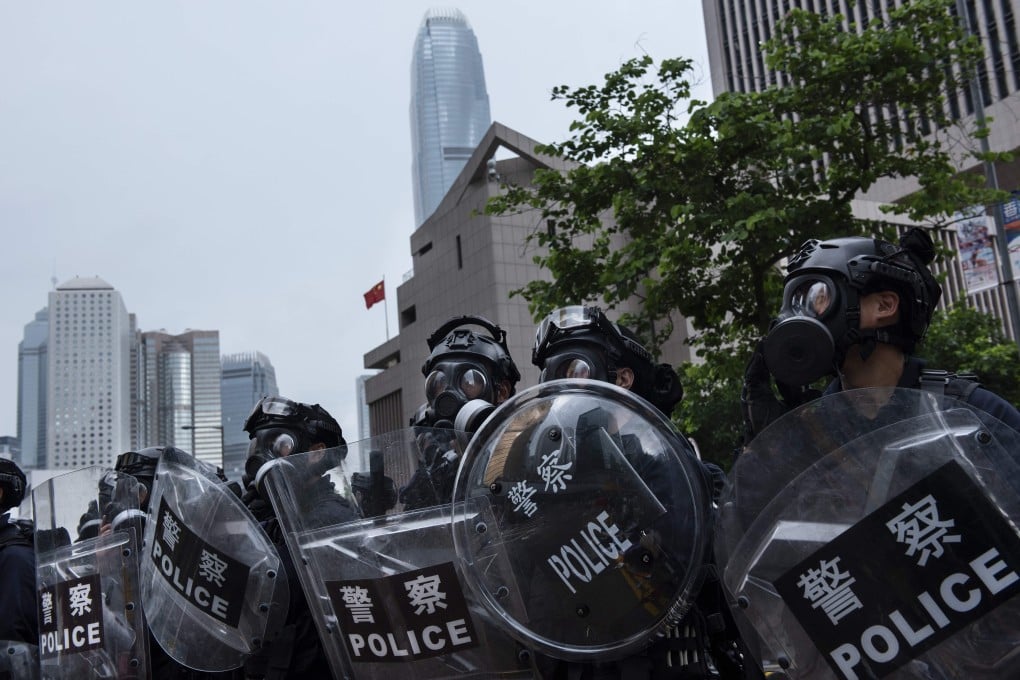Advertisement
Opinion | The US could make Hong Kong – and China – pay an economic price for the extradition bill
- The US-Hong Kong Policy Act has teeth to deter China from violating its commitment to ‘one country, two systems’ in Hong Kong. Beijing needs to remember Hong Kong’s value as a financial centre, especially as the trade war drags on
Reading Time:3 minutes
Why you can trust SCMP

The world has been riveted by the protests raging in Hong Kong against the city government’s proposed law to allow the extradition of criminal suspects to mainland China. About one million people – roughly one-seventh of the former British colony’s population – took to the streets on June 9 to denounce the draft law, and another large protest on June 12 resulted in violent clashes between demonstrators and police.
Advertisement
Yet, despite the massive protests, the Chinese government is determined to get its way. Instead of withdrawing the proposed law, Hong Kong’s Beijing-controlled leaders have fast-tracked the bill and scheduled it for a vote in the city’s Legislative Council at the end of this month. Its adoption would be a calamity not only for Hong Kong, but also for China.
The proposed extradition law would violate China’s pledge to adhere to the model of “one country, two systems” in Hong Kong. And by giving Beijing a convenient legal tool to grab individuals deemed to be enemies of the Chinese state, the legislation would imperil the liberty of Hongkongers – and that of foreigners residing here.
Although the draft law does not formally apply to political offences, this will offer no protection in practice. Under the Chinese legal system – which is controlled by the Chinese Communist Party – the distinction between political offences and conventional crimes is hopelessly blurred. Increasingly, in fact, the Chinese party-state persecutes human rights activists by accusing them of criminal, not political, offences. Common charges include “running an illegal business” and “picking quarrels and provoking trouble”.
If the proposed law is adopted, the mainland authorities will be able to arrest anyone in Hong Kong easily, by charging the target with an extraditable crime. Given the low threshold of proof – prosecutors would not need to provide evidence beyond probable cause – the protection against politically motivated extradition requests is frighteningly slim.
At the same time, however, China’s leaders should be aware that the outside world is watching current developments with great alarm. Unless the Chinese government backs down, the United States, in particular, will most likely take steps to make it pay dearly.
Advertisement
Since Hong Kong returned to Chinese rule in 1997, Western governments have maintained special economic privileges to help bolster confidence in the city. In 1992, the US Congress passed the US-Hong Kong Policy Act, in order to continue treating the city as a separate entity from mainland China. The law grants Hong Kong economic and trading privileges, such as continued access to sensitive technologies and the free exchange of the US dollar with the Hong Kong dollar.

Advertisement
